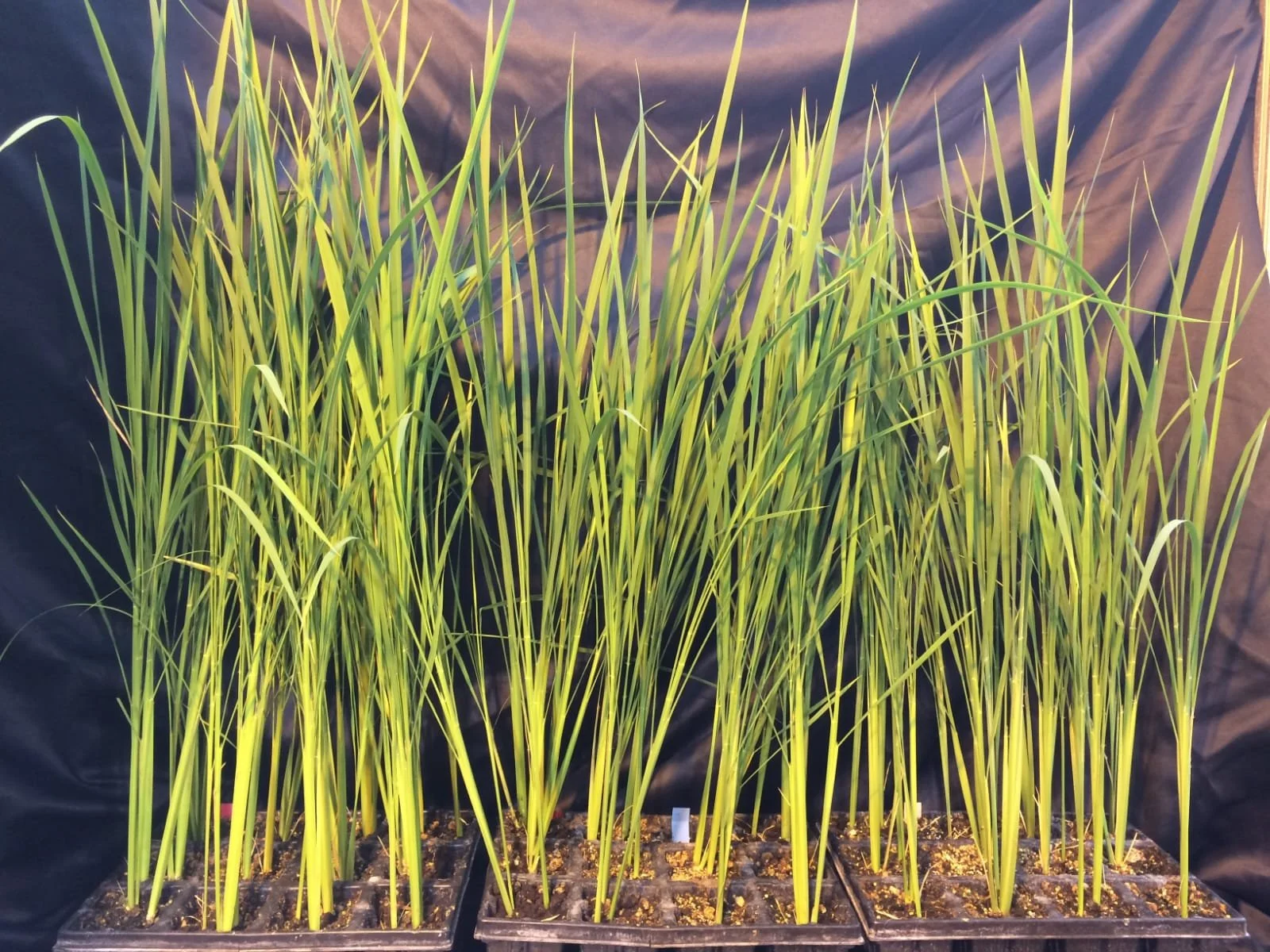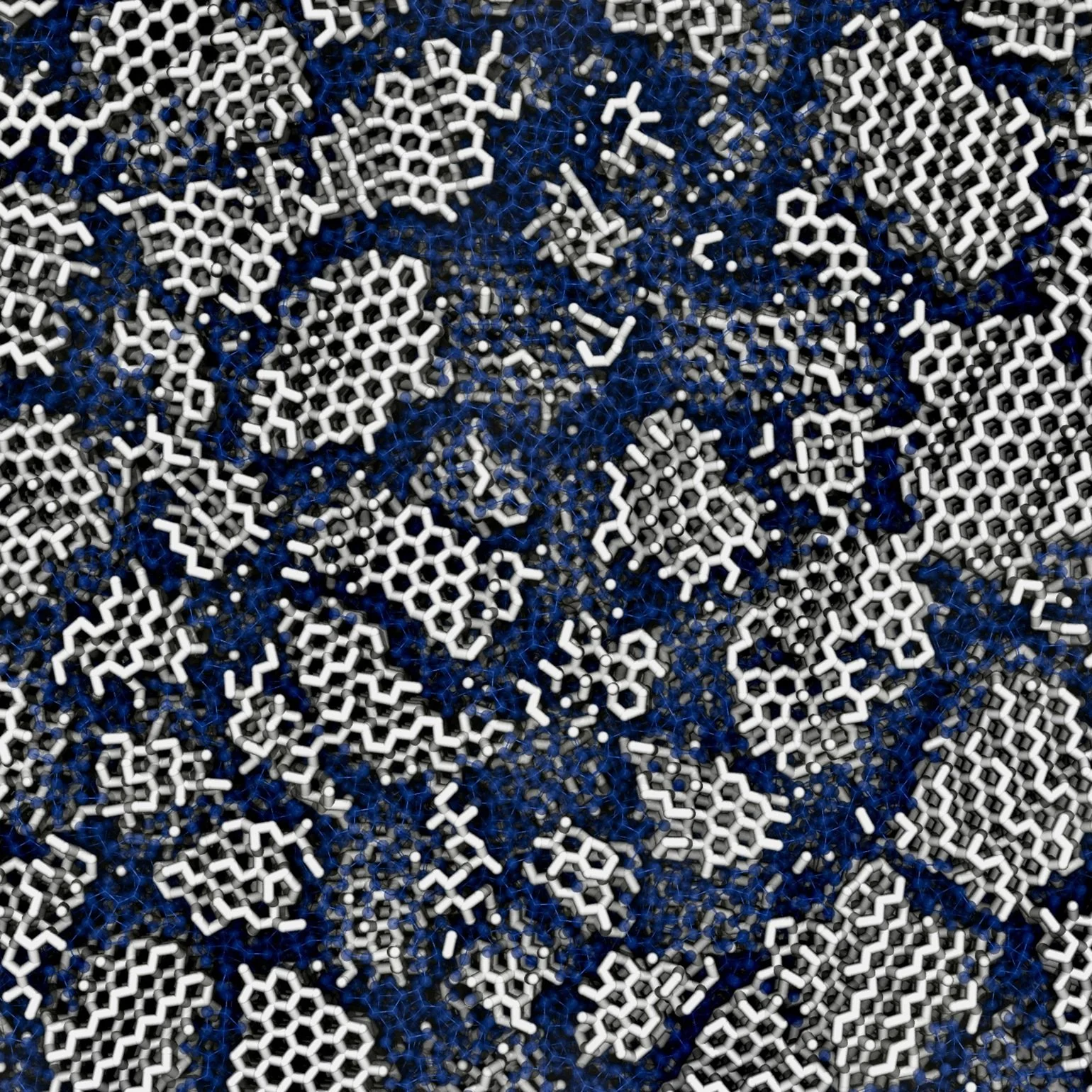Researchers found that some naturally existing lake bacteria grow quicker and more effectively on the leftovers of plastic bags than on organic material like leaves and twigs, according to a study of 29 Scandinavian lakes.
Scandinavian lakes can be a sight to behold - Image Credit: Virrage Images via Shutterstock / HDR tune by Universal-Sci
As reported by the research team, adding certain bacterial species to bodies of water might be a natural approach to rid ecosystems of plastic waste as these microbes consume the carbon molecules found in plastic as food.
A study published by the team back in 2021 asserted that European lakes are possible hotspots of microplastic contamination.
The impact of plastic eating bacteria turns out to be pretty significant: when plastic pollution increased the total carbon content in lake water by just 4%, the rate of bacterial growth more than doubled.
The findings imply that plastic pollution in lakes is "priming" the bacteria for quick development; as a result, the bacteria are more capable of breaking down other natural carbon compounds in the lake in addition to plastic.
The study
As mentioned in the introduction, the team looked at 29 lakes (varying in depth, area, and latitude) located in Scandinavia.
Glass bottles were filled with lake water at each lake. To represent the quantity of carbon leached from plastics into the environment, a small amount of "plastic water" was added to half of these, and the same amount of distilled water was added to the other half. Microbial activity was assessed in each bottle after 72 hours in the dark.
The quantity of carbon dioxide emitted throughout the growth process was used to quantify the efficiency of bacterial growth as well as bacterial growth by an increase in mass.
The bacteria had effectively doubled in bulk in the water containing carbon compounds generated from plastic. In just 72 hours, the bacteria absorbed almost half of this carbon.
Less naturally occurring carbon means a bigger focus on plastic-derived carbon.
The current study also unearthed that in lakes with less distinct natural carbon compounds, microbes cleaned more plastic pollution. This is because there were fewer additional food sources for the bacteria in the lake water.
These findings will assist in identifying which lakes need pollution management the most immediately. A lake's ecology will be more susceptible to harm if it contains high levels of plastic pollution but low levels of bacterial diversity and a wide variety of natural organic compounds.
Lastly, the researchers issued a warning, saying that these findings do not support current plastic contamination. Particularly in high quantities, several of the chemicals found in plastics can have hazardous impacts on the environment.
The study was published in the peer-reviewed journal Nature Communications and is listed below for those interested.
Sources and further reading:
If you enjoy our selection of content consider subscribing to our newsletter (Universal-Sci Weekly)
FEATURED ARTICLES:







